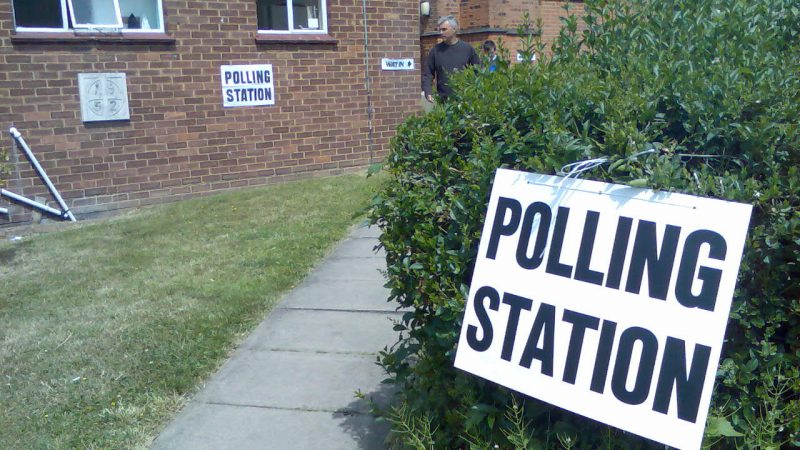Over 10% of potential voters lack photo ID in some areas of London

Controversial voter ID requirements introduced by the Tories will affect more people in London than previous polling has indicated, a new survey finds.
Latest analysis carried out by research organisation Survation found that 5% of registered voters in London lack a valid form of photo ID, with the figure rising up to 11% in the north-east London ward Becontree, where the highest number of voters lacked voter ID.
The data results, published at the end of April, showed more people in London are affected by the new Tory law than previous polling has indicated, according to Survation. As these figures reflect a percentage of those on the electoral register, rather than of all UK respondents.
New requirements make it compulsory to bring an approved form of identification when casting a vote at the polling station, affecting voters in the local elections today, Thursday 2 May. Polling by YouGov last September found that one-in-four London voters were unaware of the new requirements.
On a practical level it means polling station staff in Barking, Dagenham and Tower Hamlets will face more difficulties today with the voter ID requirements than in Westminster and Richmond, Survation warned.
Commenting on the data results, left-wing political movement Momentum called it “vote rigging to favour the richest, as the Tories always intended”, and called on Labour to commit to repeal the “undemocratic, unnecessary and costly policy”.
Mayor of London Sadiq Khan has said the Tories have “deliberately made the playing field as uneven as possible” by bringing in voter ID for the local elections.
Another commentator said of the data: “This could be one of the big stories of today’s local elections & forthcoming UK election: the blatant voter suppression of the Tory Govt. This is abt as Jacob Rees-Mogg admitted discouraging predominantly Labour supporters from voting & assisting the Tories electorally.”
Introduced under the guise of stopping voter fraud, despite UK data showing no evidence that this was an issue, even Tory MP Jacob Rees-Mogg has hit out at the policy when he called it a “gerrymandering scheme”.
The 2024 local elections on May 2 will be the second time voters go to the polls under the new voter ID requirements. The rule came after parliament passed the Elections Act in April 2022, amid warnings that the policy would disproportionately affect poorer people, those with disabilities and from minority ethnic backgrounds.
The Electoral Commission’s report on the May 2023 local elections found 4% of people did not vote because of the need for voter ID, with younger voters and voters from a mixed or Black ethnic background five times more likely than the general population to be turned away from polling stations for not having the required ID.
(Image credit: Flickr / Creative Commons)
Hannah Davenport is news reporter at Left Foot Forward
Left Foot Forward doesn't have the backing of big business or billionaires. We rely on the kind and generous support of ordinary people like you.
You can support hard-hitting journalism that holds the right to account, provides a forum for debate among progressives, and covers the stories the rest of the media ignore. Donate today.









